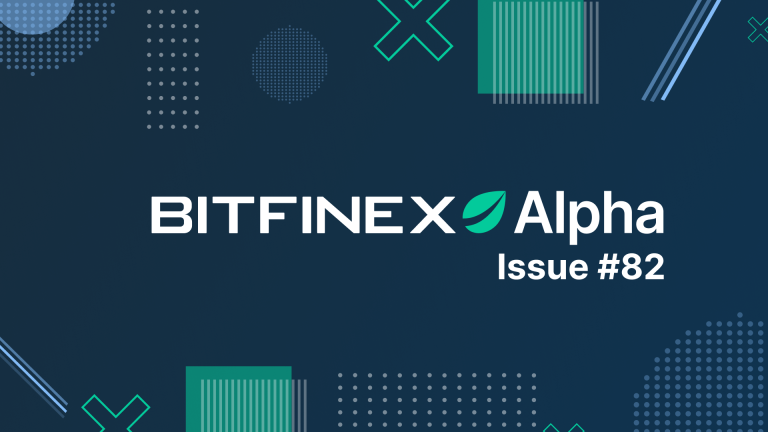November 27 Bitfinex Alpha | Bitcoin supply remains unaffected as demand pressures rise
In Bitfinex Alpha
This week in Bitfinex Alphawe analyze a number of different metrics that show us that we continue to see high conviction among Bitcoin holders to maintain their positions, even as the price continues to reach new highs for the year.
An unprecedented 13.65 million bitcoins, nearly 70 percent of the total circulating supply, have not been transacted or moved for more than a year, a new all-time high. In addition, the number of Bitcoins, which have remained unchanged for more than two years, now stands at about 11.2 million, or approximately 60 percent. This noticeable sluggishness in supply represents significant support for the price, as well as a source of upward pressure as rising demand chases down limited supply.
Current Bitcoin velocity, a measure of how frequently Bitcoin is traded or used in transactions, also stands at a historically low level of 15.78. This indicates a significant change in sentiment compared to the last bear market cycle, where Bitcoin's velocity peaked at around 80. So it's no surprise that Bitcoin hit a new year-to-date high of $38,410 on November 24, as holders became reluctant to invest. Selling and buyers are looking for an offer. We calculate that 83.7% of current holders are profitable, but selling pressure is weak so far. One reason for this is that the actual size of these unrealized gains remains modest.
While Long Term (LTH) holders see their stock grow to new all-time highs, we see Short Term (STH) holders' supply fall to a new all-time low. This discrepancy between LTH and STH supplies reflects a market with a strong long-term holder base and low speculative trading.
The clear narrative we are seeing in cryptocurrency markets contrasts sharply with the sometimes completely contradictory signals coming out of the US economy. For example, the observed decline in reported business equipment expenses has been interpreted as a direct result of the current high levels of interest rates. But although this is a clear sign of caution, labor markets remain tight with a very surprising 10.3% drop in new jobless claims reported last week, reaching numbers even lower than pre-pandemic levels.
Likewise, the housing market has seen existing home sales decline dramatically, reaching their lowest levels since 2010 – another victim of the highest mortgage rates in two decades, coupled with a limited housing supply. Consumers remain cautious about future expectations: a University of Michigan consumer survey reported that inflation expectations are increasing.
Not surprisingly, the dollar has been very volatile, falling last week to its weakest level since late August before rebounding again in intraday gains not seen in several weeks.
The news of the week was of course dominated by the fines agreed upon on Binance and its CEO Changpeng Zhao, as he and the exchange pleaded guilty to charges of money laundering, violating sanctions and financing terrorist activities. Although this is not entirely positive for the market, it is worth noting that Bitcoin's price barely moved following the news.
Meanwhile, in jurisdictions such as Hong Kong, licenses are being granted so that more cryptocurrency companies can come under regulatory oversight. The latest beneficiary was Victory Securities, which received approval from the Securities and Futures Commission, making it the first company to win a license to provide trading and advisory services.
In the UK too, the embrace of digital asset technology continues as well. The Investment Association announced that it is pioneering the integration of blockchain technology into asset management through tokenization to attempt to bring enhanced efficiency and transparency to the industry.
In South Korea, it announced a pilot for central bank digital currencies, including trialling a simulated carbon emissions trading system, showcasing its progressive approach to fintech.
Happy trading!

